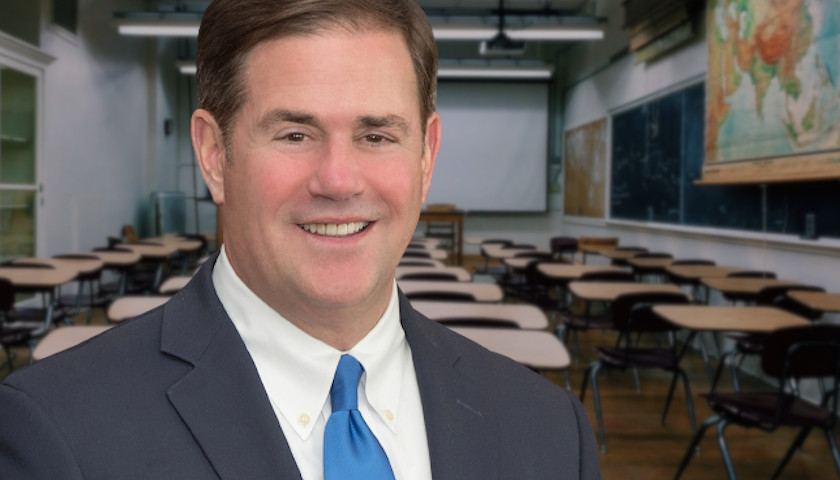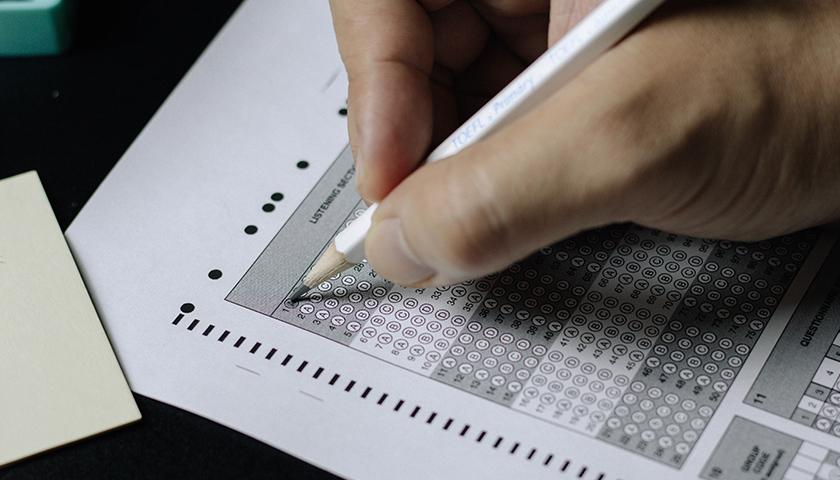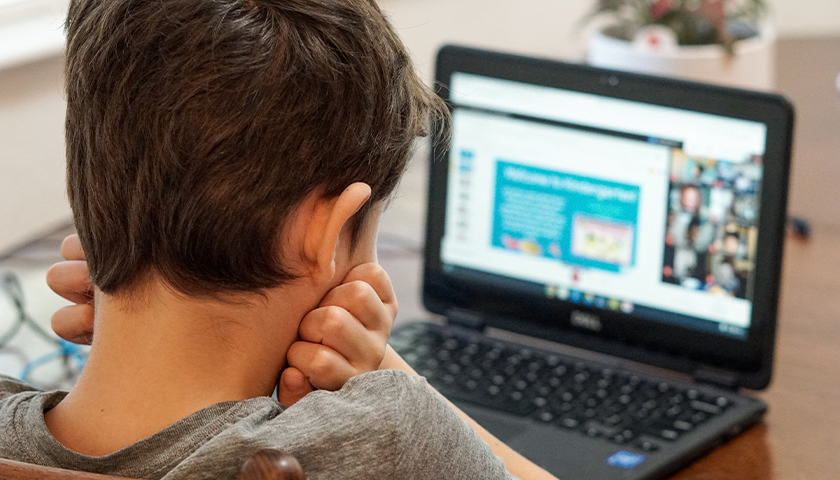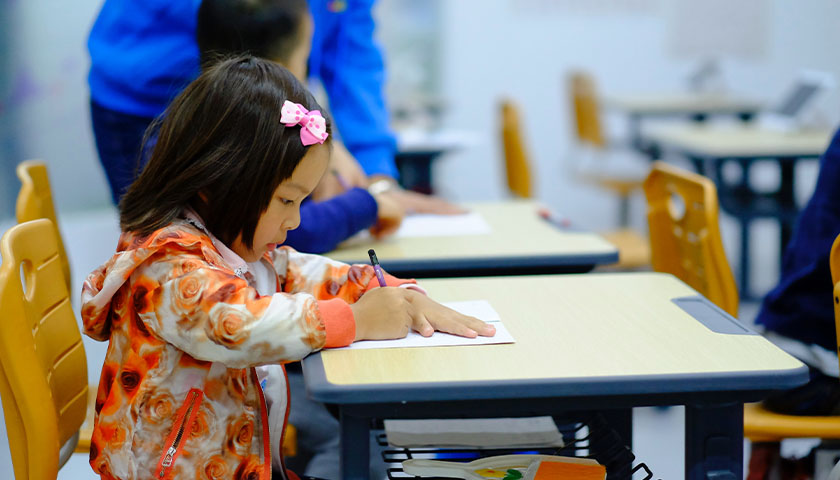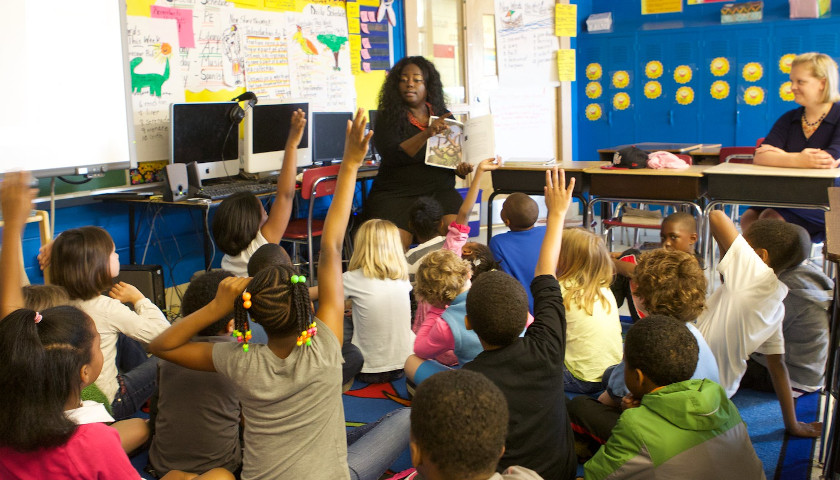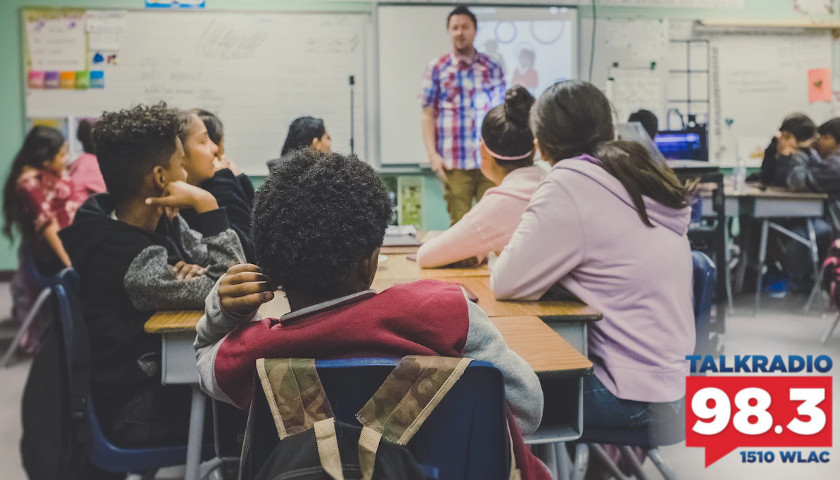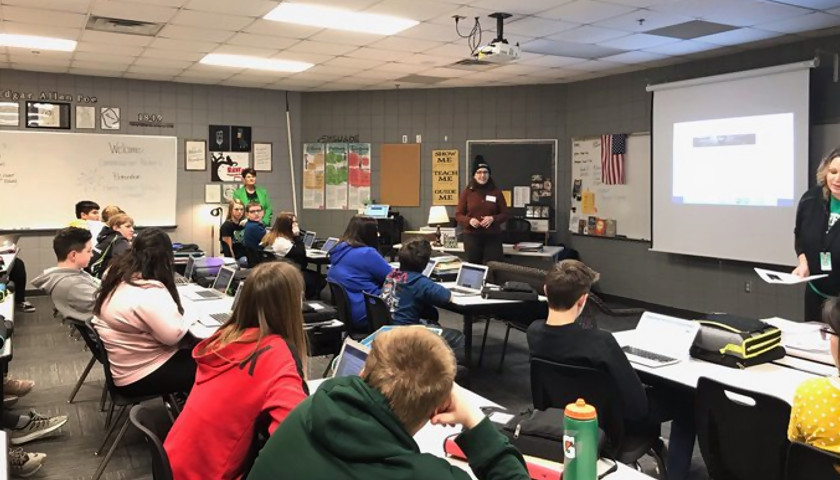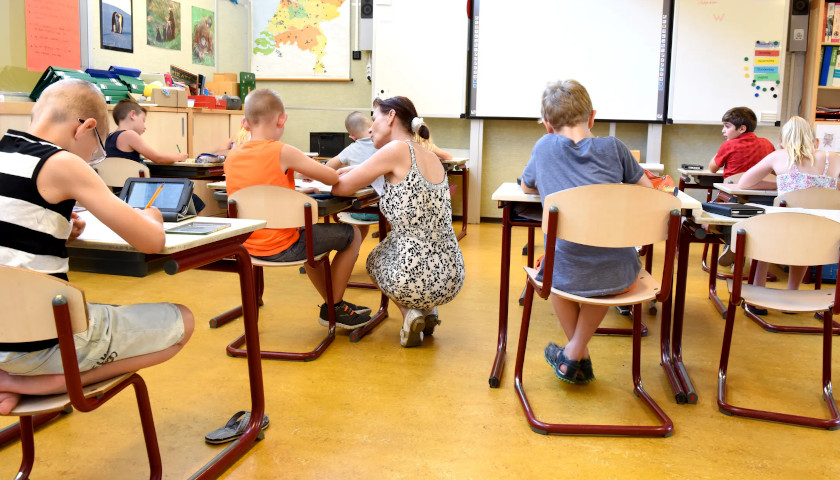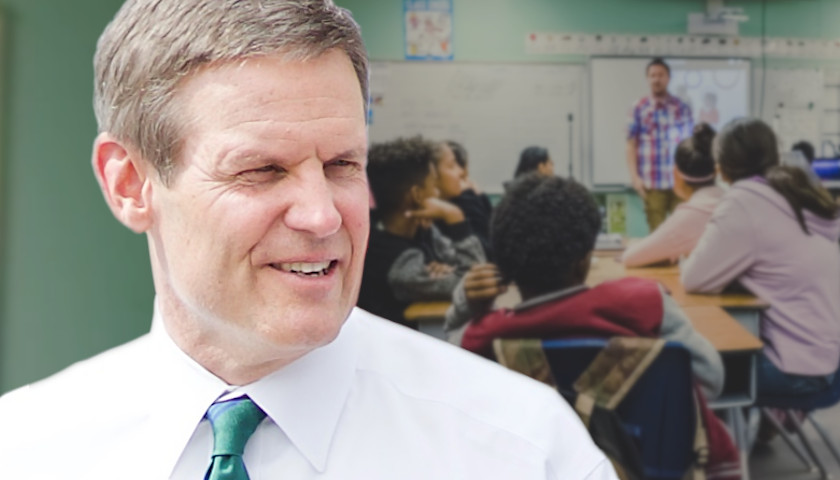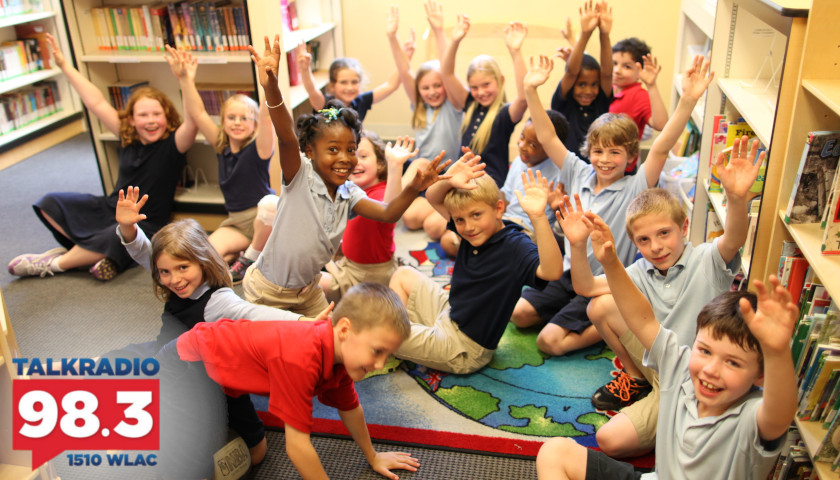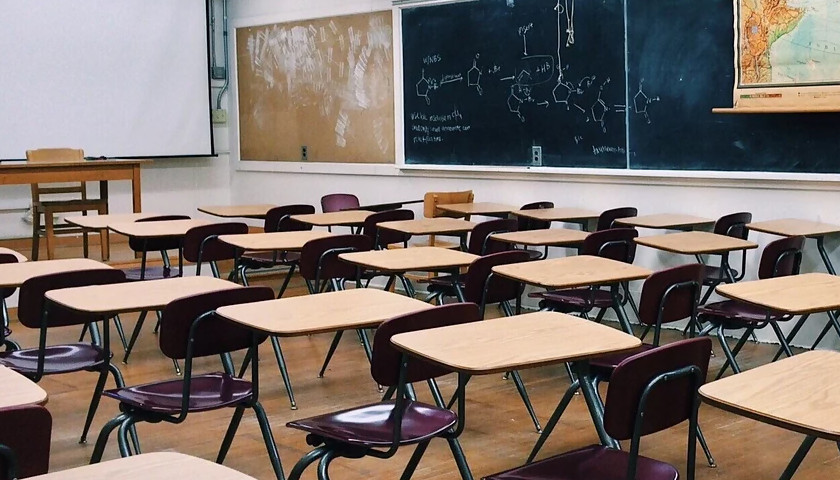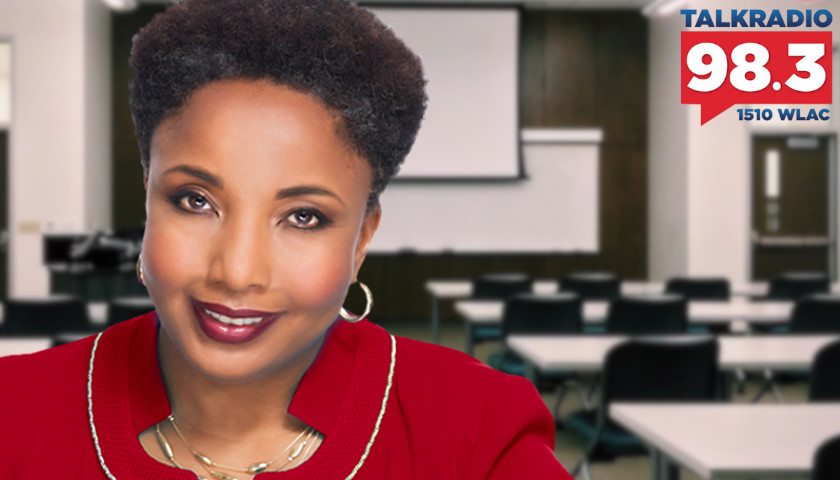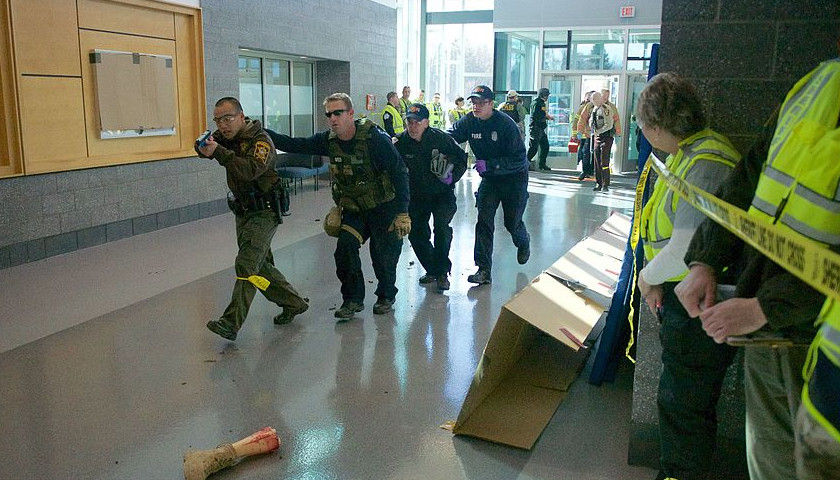An advisor for Governor Doug Ducey sent letters Wednesday to two Arizona school superintendents letting them know their policies of requiring unvaccinated students exposed to COVID-19 to quarantine is illegal. Education policy advisor Kairlin Harrier told the superintendents of Peoria Unified School District and Catalina Foothills School District their policies violate a new law, HB 2898, which states, “A school district or charter school may not require a student or teacher to receive a vaccine for covid-19 or to wear a face covering to participate in in-person instruction.”
Harrier went on, “The policy must be rescinded immediately.” She pointed out that children under age 12 haven’t even received approval from the federal government to receive the COVID-19 vaccine. Children ages 12-15 only received approval for the vaccine in May.
Read the full story
